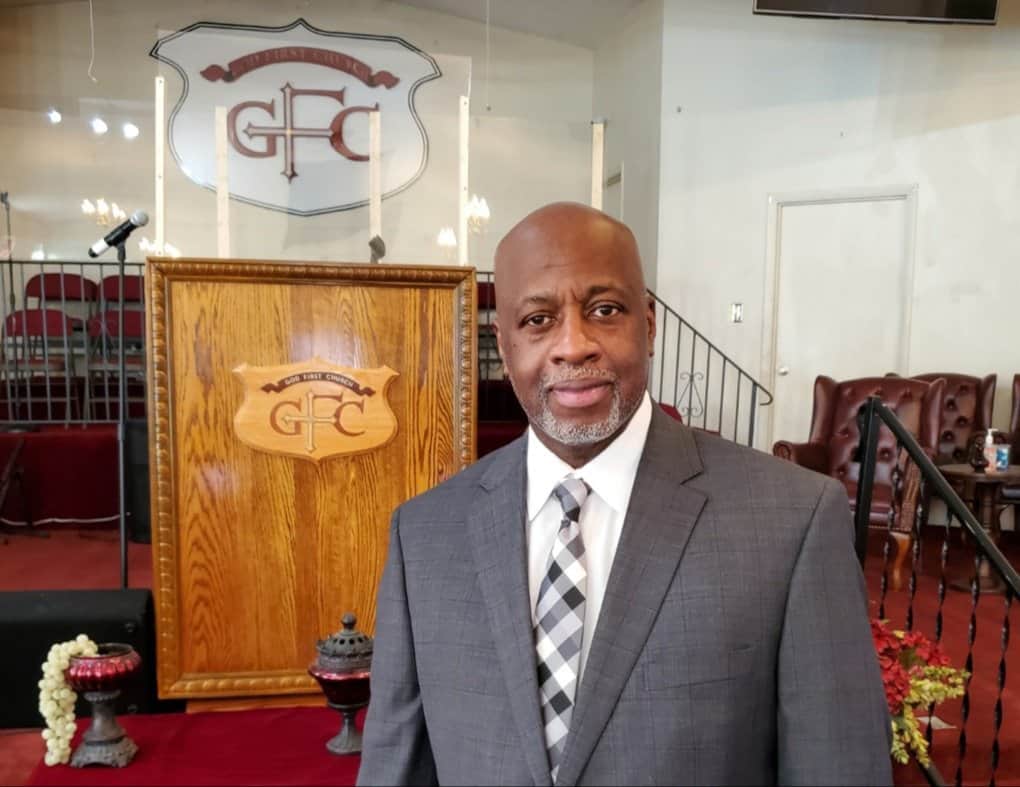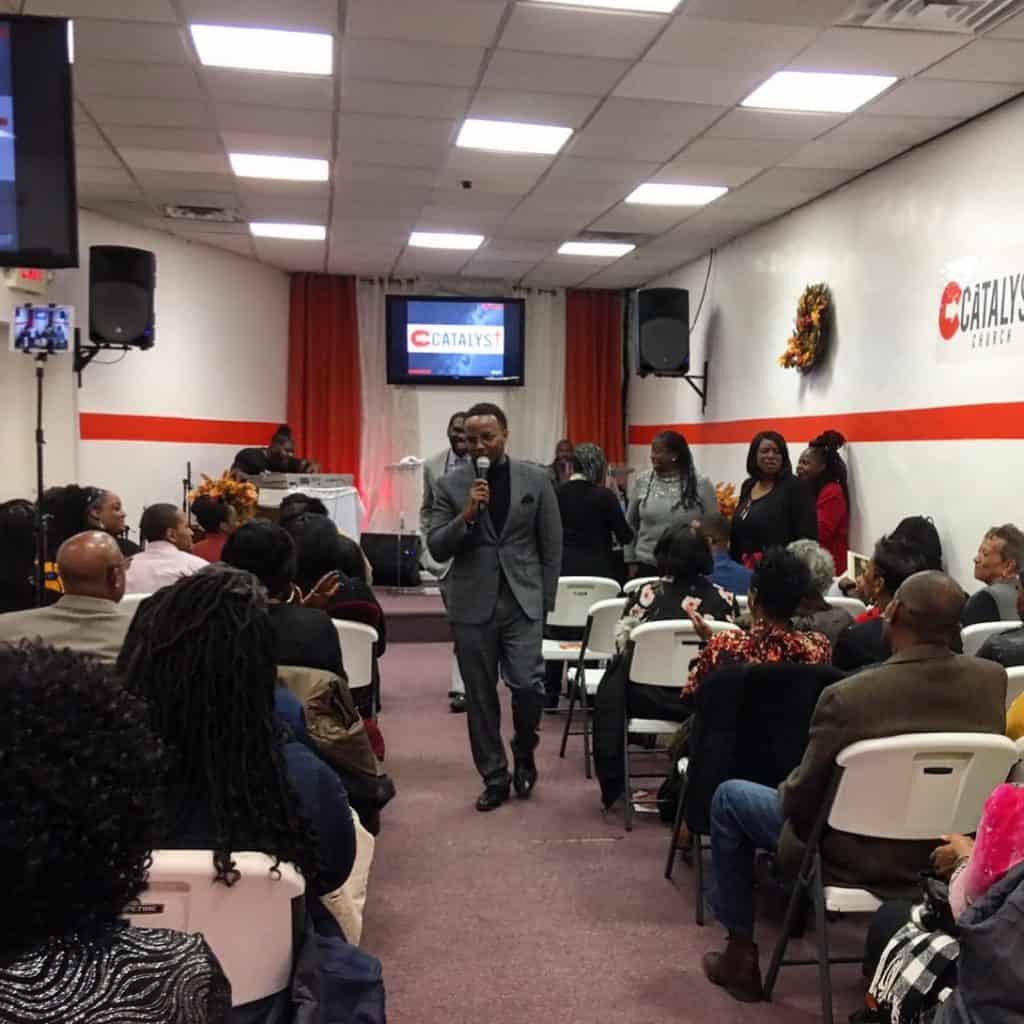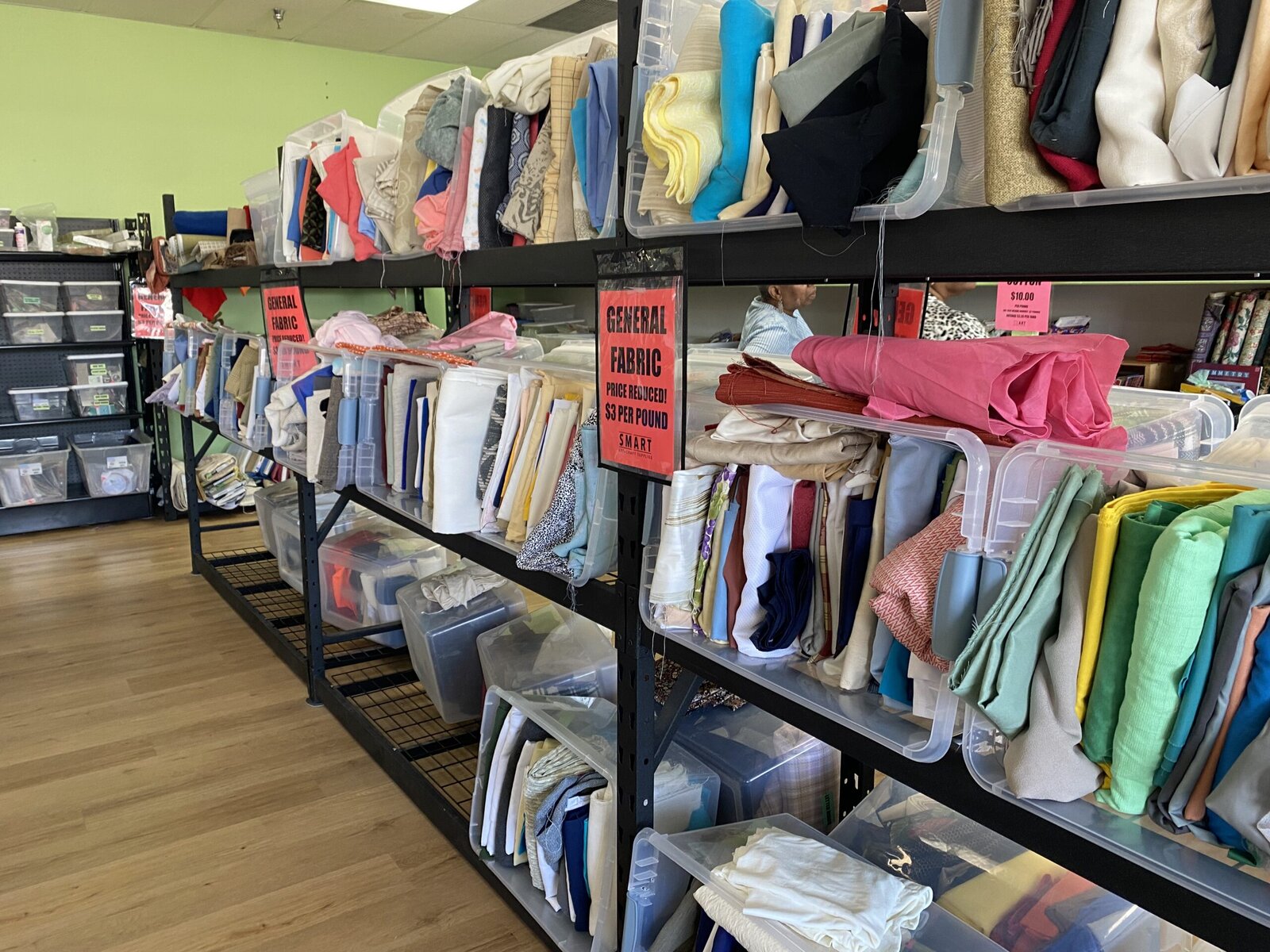Wilma Mayfield used to visit a senior center in Durham, North Carolina, four days a week and attend Lincoln Memorial Baptist Church on Sundays, a ritual she’s maintained for nearly half a century. But over the past 10 months, she’s seen only the inside of her home, the grocery store and the pharmacy. Most of her days are spent worrying about Covid-19 and watching TV.
It’s isolating, but she doesn’t talk about it much.
When Mayfield’s church invited a psychologist to give a virtual presentation on mental health during the pandemic, she decided to tune in.
The hourlong discussion covered Covid’s disproportionate toll on communities of color, rising rates of depression and anxiety, and the trauma caused by police killings of Black Americans. What stuck with Mayfield were the tools to improve her own mental health.
“They said to get up and get out,” she says. “So I did.”
The next morning, Mayfield, 67, got into her car and drove around town, listening to 103.9 gospel radio and noting new businesses that had opened and old ones that had closed. She felt so energized that she bought chicken, squash and greens, and began her Thanksgiving cooking early.
“It was wonderful,” she says. “The stuff that lady talked about [in the presentation], it opened up doors for me.”

As Black people face an onslaught of grief, stress and isolation triggered by a devastating pandemic and repeated instances of racial injustice, churches play a crucial role in addressing the mental health of their members and the greater community. Religious institutions have long been havens for emotional support. But faith leaders say the challenges of this year have catapulted mental health efforts to the forefront of their mission.
Some are preaching about mental health from the pulpit for the first time. Others are inviting mental health professionals to speak to their congregations, undergoing mental health training themselves or adding more therapists to the church staff.
“Covid undoubtedly has escalated this conversation in great ways,” says Keon Gerow, senior pastor at Catalyst Church in West Philadelphia. “It has forced Black churches — some of which have been older, traditional and did not want to have this conversation — to actually now have this conversation in a very real way.”
At Lincoln Memorial Baptist, leaders who organized the virtual presentation with the psychologist knew that people like Mayfield were struggling but might be reluctant to seek help. They thought members might be more open to sensitive discussions if they took place in a safe, comfortable setting like church.
Weighed down by negative news?
Our smart, bright, weekly newsletter is the uplift you’ve been looking for.It’s a trend that psychologist Alfiee Breland-Noble, who gave the presentation, has noticed for years.
Through her nonprofit organization, the AAKOMA Project, Breland-Noble and her colleagues often speak to church groups about depression, recognizing it as one of the best ways to reach a diverse segment of the Black community and raise mental health awareness.
This year, the AAKOMA Project has received clergy requests that are increasingly urgent, asking to focus on coping skills and tools people can use immediately, Breland-Noble says.
“After George Floyd’s death, it became: ‘Please talk to us about exposure to racial trauma and how we can help congregations deal with this,’” she says. “‘Because this is a lot.’”
Across the country, mental health needs are soaring. And Black Americans are experiencing significant strain: A study from the Centers for Disease Control and Prevention this summer found 15 percent of non-Hispanic Black adults had seriously considered suicide in the past 30 days and 18 percent had started or increased their use of substances to cope with pandemic-related stress.
Yet national data shows Blacks are less likely to receive mental health treatment than the overall population. A memo released by the Substance Abuse and Mental Health Services Administration this spring lists engaging faith leaders as one way to close this gap.
The Potter’s House in Dallas has been trying to do that for years. A megachurch with more than 30,000 members, it runs a counseling center with eight licensed clinicians, open to congregants and the local community to receive counseling at no cost, though donations are accepted.
Since the pandemic began, the center has seen a 30 percent increase in monthly appointments compared with previous years, said center director Natasha Stewart. During the summer, when protests over race and policing were at their height, more Black men came to therapy for the first time, she said.
Recently, there’s been a surge in families seeking services. Staying home together has brought up conflicts previously ignored, Stewart said.
“Before, people had ways to escape,” she says, referring to work or school. “With some of those escapes not available anymore, counseling has become a more viable option.”
To meet the growing demand, Stewart is adding a new counselor position for the first time in eight years.
At smaller churches, where funding a counseling center is unrealistic, clergy are instead turning to members of the congregation to address growing mental health needs.

At Catalyst Church, a member with a background in crisis management has begun leading monthly Covid conversations online. A deacon has been sharing his own experience getting therapy to encourage others to do the same. And Gerow, the senior pastor, talks openly about mental health.
Recognizing his power as a pastor, Gerow hopes his words on Sunday morning and in one-on-one conversations will help congregants seek the help they need. Doing so could reduce substance use and gun violence in the community, he said. Perhaps it would even lower the number of mental health crises that lead to police involvement, like the October death of Walter Wallace Jr., whose family said he was struggling with mental health issues when Philadelphia police shot him.
“If folks had the proper tools, they’d be able to deal with their grief and stress in different ways,” Gerow says. “Prayer alone is not always enough.”
Laverne Williams recognized that back in the ’90s. She believed prayer was powerful, but as an employee of the Mental Health Association in New Jersey, she knew there was a need for treatment too.
When she heard pastors tell people they could pray away mental illness or use blessed oil to cure what seemed like symptoms of schizophrenia, she worried. And she knew many people of color were not seeing professionals, often due to barriers of cost, transportation, stigma and distrust of the medical system.
To address this disconnect, Williams created a video and PowerPoint presentation and tried to educate faith leaders.
At first, many clergy turned her away. People thought seeking mental health treatment meant your faith wasn’t strong enough, Williams says.
But over time, some members of the clergy have come to realize the two can coexist, says Williams, adding that being a deacon herself has helped her gain their trust. This year alone, she’s trained 20 faith leaders in mental health topics.
A program run by the Behavioral Health Network of Greater St. Louis is taking a similar approach. The Bridges to Care and Recovery program trains faith leaders in “mental health first aid,” suicide prevention, substance use and more, through a 20-hour course.
The training builds on the work faith leaders are already doing to support their communities, says senior program manager Rose Jackson-Beavers. In addition to the tools of faith and prayer, clergy can now offer resources, education and awareness, and refer people to professional therapists in the network.
Since 2015, the program has trained 261 people from 78 churches, Jackson-Beavers says.
Among them is Carl Lucas, pastor of God First Church in northern St. Louis County who graduated this July — just in time, by his account.
Since the start of the pandemic, he has encountered two congregants who expressed suicidal thoughts. In one case, church leaders referred the person to counseling and followed up to ensure they attended therapy sessions. In the other, the root concern was isolation, so the person was paired with church members who could touch base regularly, Lucas says.
“The pandemic has definitely put us in a place where we’re looking for answers and looking for other avenues to help our members,” he says. “It has opened our eyes to the reality of mental health needs.”
This story was originally published by KHN (Kaiser Health News), a nonprofit news service covering health issues. It is an editorially independent program of KFF (Kaiser Family Foundation), which is not affiliated with Kaiser Permanente.









